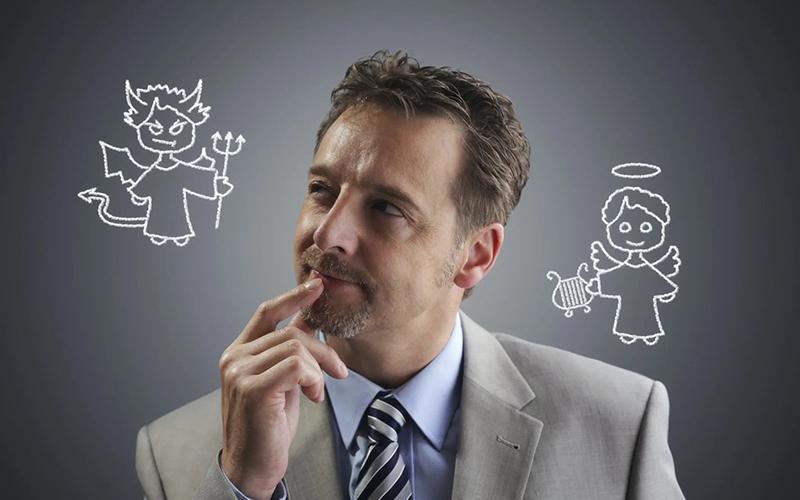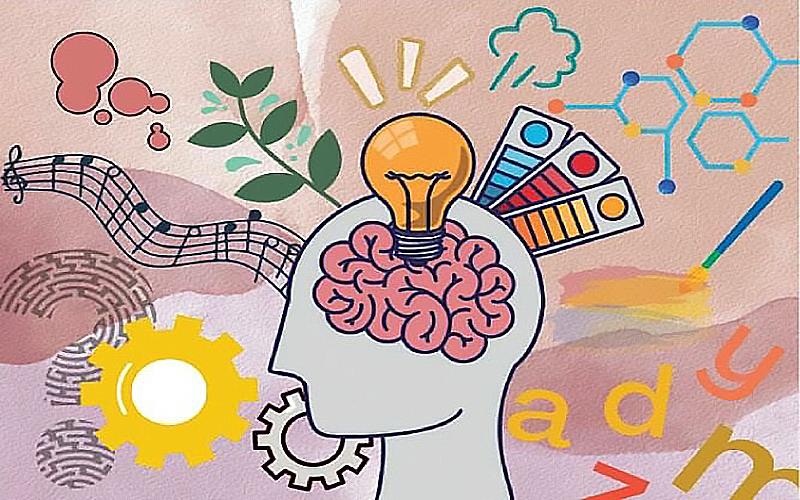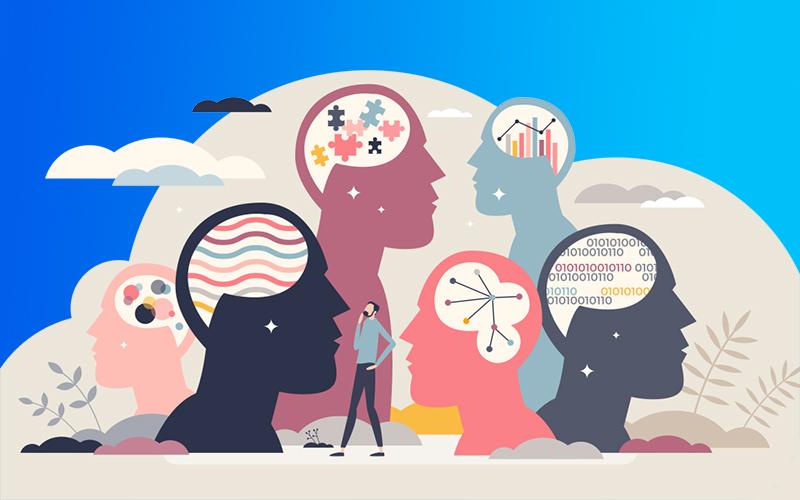Understanding Moral Judgment
How Moral Judgment Shapes Our Decisions and Society
Moral judgment plays a fundamental role in the decisions we make, influencing not only our personal lives but also the fabric of society. Whether consciously or unconsciously, we assess actions, intentions, and outcomes based on a complex set of moral values. Understanding how we navigate these judgments offers insight into both individual and collective behavior.
What is Moral Judgment?
Moral judgment is the process of determining whether actions are right or wrong based on ethical principles, societal norms, or personal beliefs. It often involves weighing various factors, such as the intent behind an action, the impact on others, and whether it adheres to accepted moral codes. Importantly, moral judgment isn't solely about following laws or conventions; it includes considering broader, sometimes universal, ethical standards.
The Role of Empathy and Intentions
One of the most significant aspects of moral judgment is how we factor in the feelings and intentions of others. The "Good Boy/Nice Girl" attitude emphasizes kindness, empathy, and the desire to create positive relationships. People who strongly subscribe to this form of moral reasoning prioritize how their actions affect others and often judge situations based on their capacity to bring happiness or alleviate suffering.
Empathy-driven judgment leads to actions motivated by compassion, with the belief that doing good for others inherently creates a better society. Understanding this moral perspective can foster a greater appreciation for kindness as a central element in our ethical lives.
The Importance of Law and Social Order
Another key dimension of moral judgment is how much value we place on laws and rules. For many, adhering to societal structures like laws and authority is crucial in determining right from wrong. The "Law & Order" perspective emphasizes the necessity of following established guidelines to maintain social harmony.
Respect for authority and tradition often underpins this view of morality. Those who align with this approach may believe that social stability relies on everyone fulfilling their duties and respecting the rule of law. It’s a perspective that highlights the importance of maintaining order through structured, agreed-upon rules.
Navigating Social Consensus
Some individuals prefer to derive their moral compass from the broader consensus of society. This view, captured by the "Social Contract" perspective, suggests that moral decisions are shaped by what most people deem acceptable or good. This approach emphasizes collective agreement and negotiation, suggesting that the will of the majority or the general moral sense of a community is a reliable guide for behavior.
By adhering to social norms and striving for consensus, this viewpoint encourages a collaborative approach to ethics, where people work together to create fair and just solutions to moral dilemmas.
Universal Ethical Principles
Finally, some people believe that moral values transcend social rules or majority opinion. In this "Universal Ethical Principles" perspective, morality is about adhering to timeless, universal values that apply to all humans, regardless of cultural context or social conventions. This can include concepts such as justice, human rights, and personal conscience.
Those who score highly in this area may prioritize their internal moral compass over external pressure, believing that true morality comes from adhering to principles that stand the test of time, rather than being swayed by what is socially popular or legally mandated.
Conclusion: How Do You Judge Morally?
Moral judgment is a multi-faceted process influenced by empathy, respect for law and order, social consensus, and universal ethical principles. Each person may weigh these factors differently, and understanding your moral framework can provide valuable insights into how you navigate ethical dilemmas in your life. Whether your decisions are driven by care for others, adherence to rules, consensus, or timeless principles, moral judgment is central to how we interact with the world around us.
By exploring the factors that shape your moral judgment, you can gain greater clarity about the values that guide your decisions and actions. Reflecting on these aspects can lead to a deeper understanding of both yourself and the society you contribute to.



